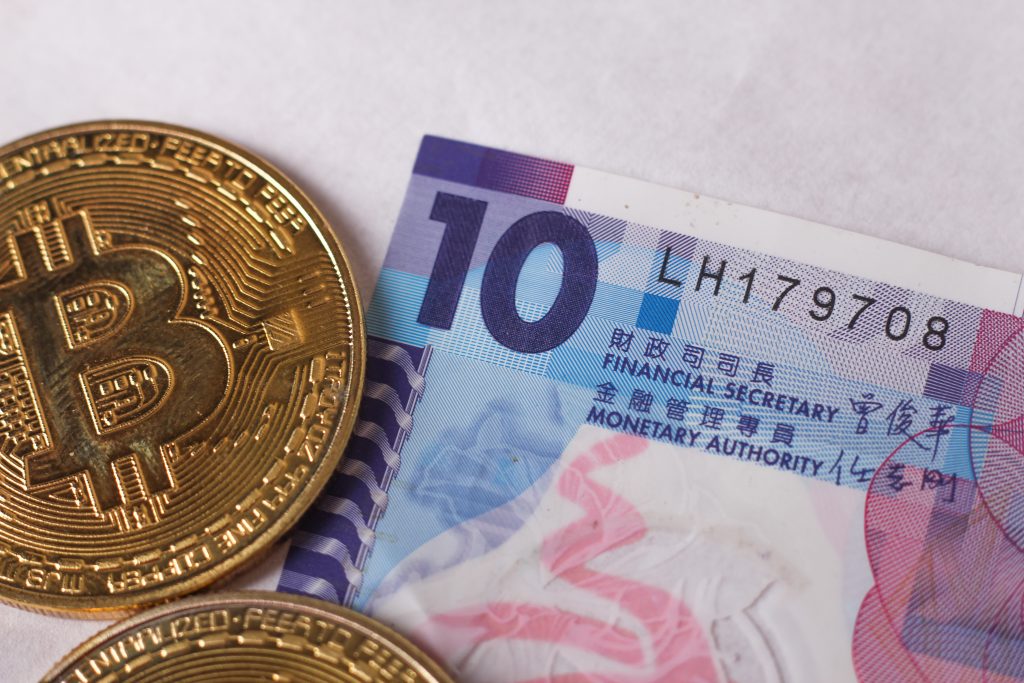The EU Anti-Money Laundering (EU AML) Directive sets a regime of broader application to contrast money laundering and terrorist financing. It applies, in fact, to all legal and natural persons dealing with substantial assets.
Under the EU AML, the obliged entities must perform a Due Diligence on their customers (CDD) before entering into a relationship with them. Such a measure requires at least the establishment of each customer’s identity and, for this reason, it is sometimes known as Know Your Customer (KYC).
It worths noting that the KYC process is just a part of the CDD, even if sometimes the two expressions are mistakenly considered as one. The obligation above also includes, among other things, the monitoring of the business relationship on a risk-appropriateness basis and the reporting of suspicious activities to the relevant authorities.

Usually, business owners are scared (if not upset) by the introduction of more regulation. We are convinced this approach is wrong:
- More regulation means clarity;
- Clarity gives peace of mind;
- Peace of mind results in full focus on business development and, at the end of the day, in more profits.
The 4th AMLD
Implemented in June 2017, the fourth AMLD focused on aligning the EU policy with the guidelines issued by the Financial Action Task Force.
The 4AMLD expanded the regulatory scope of EU AML and counter-terrorist financing (CTF) legislation, imposing CDD duties on many previously non-obliged entities (such as gambling services, many designated non-financial businesses and professions, …) Further, the 4AMLD expanded CDD obligations to certain types of transactions and financial products, including transactions carried out outside of the business relationship and some e-money products.
The 5th AMLD
Entered into force in January 2020, the 5AMLD further strengthens and expands the existing regulation, and adds new regulatory measures for cryptocurrencies.
Within the FinTech sector, the 5AMLD plays a critical role under four viewpoints, at least.
Prepaid cards
The threshold for anonymous prepaid cards is reduced from EUR 250 to EUR 150. Similarly, the anonymous remote or online transaction limit is reduced to EUR 50.
Prepaid cards issued in third countries are acceptable only if the issuance requirements meet the guidelines for the EU AML regime.
Cryptocurrencies
With the 5AMLD, for the first time, the EU lawmakers offer a legal definition of cryptocurrency:
A digital representation of value that can be digitally transferred, stored or traded and is accepted […] as a medium of exchange.
The 5AMLD brings both cryptocurrencies and crypto-exchanges under the scope of AML/CTF regulations and imposes to the providers of crypto-services the obligation to register with the financial authorities. The national financial intelligence units (FIU) have the expressed power to obtain names and addresses of the owners of cryptocurrency, in the attempt to push back against the so-called “anonymity” associated with the use of cryptos.

Beneficial ownership
Thanks to the 5AMLD, the UBO registers are made publicly accessible and interconnected at an EU-level. This is a legislative development critical to detect some of the massive flows of illicit funds transmitted through the financial system.
Politically exposed persons (PEPs)
The 5AMLD requires the member states to release publicly available functional PEP lists, together with the EU-level PEP list released by the EU itself.
These lists aim to make it easier for smaller compliance teams (or those companies with lower volumes of customers) to identify the PEPs thy should be screening against and monitoring for ongoing changes to risk.
It must be noted that the functional lists contain the description of the positions that are considered politically exposed and not the names of the individuals filling them.
The state-of-art
So far, only 11 member states have communicated full transposition measures (Bulgaria, Croatia, Denmark, Finland, France, Germany, Italy, Latvia, Lithuania, Malta and Sweden). Some countries have communicated partial transposition measures, and four member states (Cyprus, Portugal, Romania and Spain) didn’t deliver any transposition measures so far.
Even if based in a country in which the 5AMLD hasn’t been (entirely) implemented, businesses should quickly comply with the new regulations. That way, they would safeguard their reputation and be ready to demonstrate their compliance as soon as the 5AMLD’s rules become a part of their domestic legislation.

The 6th AMLD is coming
While EU national lawmakers and companies are still dealing with the 5AMLD’s factors for change, you can’t forget that, at the end of October 2018, the European Parliament and Council approved the 6th revision of the AMLD (6AMLD). The 6AMLD must be transposed into the national legal systems by the 3rd of December 2020 and, starting from June 2021, sanctions will be imposed on public and private organisations in case of non-compliance with its precepts.
The 6AMLD clarifies emerging money laundering threats, with a list of 22 money laundering predicate offences:
- Human trafficking and migrant smuggling;
- Sexual exploitation;
- Illicit trafficking in narcotics and psychotropic substances;
- Illegal arms traffickings;
- Trafficking in stolen goods;
- Corruption;
- Fraud;
- Counterfeiting currency;
- Counterfeiting and piracy of products;
- Environmental crime;
- Murder and grievous bodily harm;
- Kidnapping and hostage-taking;
- Robbery and theft;
- Smuggling;
- Tax crime relating to both direct and indirect taxes;
- Extortion;
- Forgery;
- Piracy;
- Cybercrime;
- Insider trading and market manipulation;
- Terrorism;
- Participation in an organised crime group or racketeering.
Based on the legal doctrine aiding and abetting, not only those who are directly responsible for the predicate offences could be prosecuted for money laundering, but also those who aid or encourage and incite another person in the commission of the crime.

Not to mention the fact that the 6AMLD extends the criminal liability for money laundering and terrorist financing to legal entities, where they fail to prevent illegal activities.
Finally, the 6AMLD increases the sentence for money laundering and terrorist financing felonies to a minimum of four years of imprisonment.
If you have any questions about these topics or need help to assess your company’s compliance with the EU AML, feel free to post your comment below.


